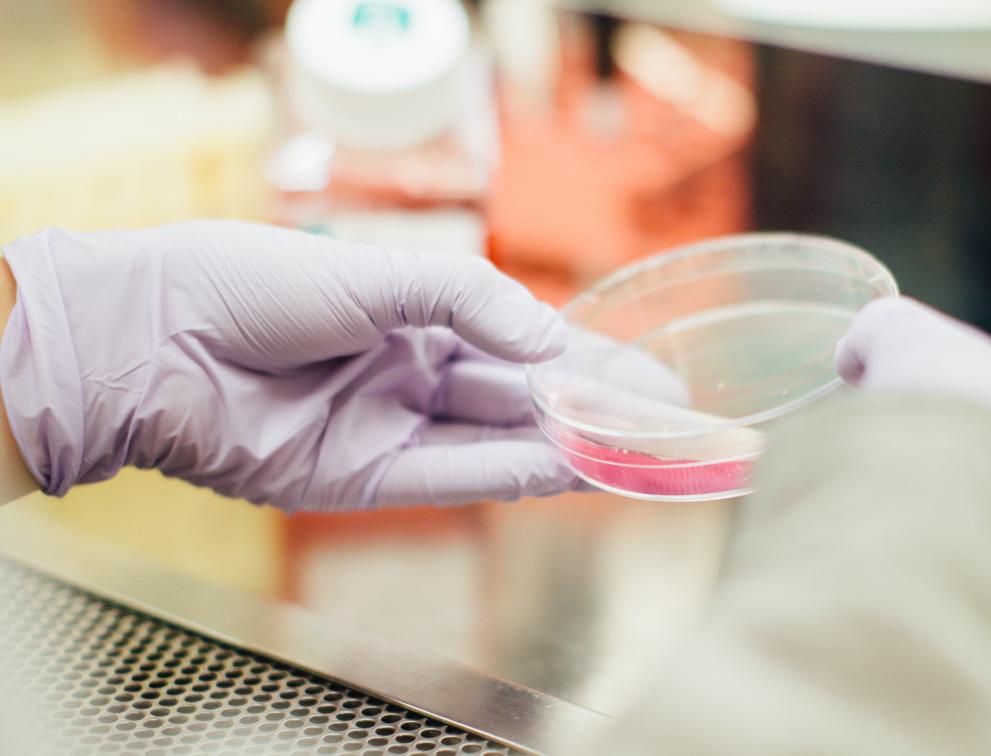
Advances in the life sciences and biotechnology are a source of many benefits to human health, the environment and the global economy. From new pharmaceuticals and medical devices to biotechnology-based food, to name but a few applications, the life sciences are advancing at an increasing pace offering new opportunities for the planet. However, the same advances can also pose threats to public health and safety as the result of accidents or deliberate misuse. Managing these risks requires that life science professionals and industry demonstrate foresight and responsibility to ensure secure and sustainable scientific progress.
To this end, the Biorisk Association of Singapore (BAS) has launched Singapore’s Biorisk Code of Conduct for Life Sciences Industry and Professionals, an important document that seeks to prevent the potential misuse of the life sciences by promoting a culture of responsibility amongst those involved in activities with biohazardous materials.
In development for three years, the Code was prepared by the BAS with support from Singapore’s Ministry of Health. Supporting these efforts, legal experts with EU CBRN CoE Project 81 ‘BIOSEC - Enhanced Biosecurity in South-East Asia’ provided comments on the document’s drafts and presented on dual-use research governance during the Code’s online launch event.
Singapore’s Biorisk Code of Conduct for Life Sciences Industry and Professionals aims to ensure the promotion of best practices stemming from the Biological and Toxins Weapons Convention, UN Security Council Resolution 1540, the International Health Regulations and WHO biosecurity guidance, as well as compliance with relevant national acts and regulations. The document lays down appropriate principles of ethical standards, awareness raising, risk assessment and mitigation, oversight and accountability, and communications.
Scientists, research institutions, industry and funding agencies in Singapore will be encouraged to incorporate elements of the Code in their institutional and company practices, protocols, and guidelines.
Supporting the enhancement of biosecurity in South East Asia
The European Union supported the launch of Singapore’s Biorisk Code of Conduct for Life Sciences Industry and Professionals as part of its program to mitigate risks arising from chemical, biological, radiological and nuclear materials and agents in cooperation with its 63 Partners Countries.
EU CBRN CoE Project 81 ‘BIOSEC - Enhanced Biosecurity in South-East Asia’ is led by the implementer Sustainable Criminal Justice Solutions in cooperation with other European entities. The project aims at providing a set of tools for improving biosecurity management systems in South East Asia with a focus on capacity-building directed at highly communicable diseases with global catastrophic potential, including pandemics.
Launched in 2019, BIOSEC is active in Brunei Darussalam, Cambodia, Indonesia, Lao PDR, Malaysia, Myanmar, Philippines, Singapore, Thailand and Viet Nam.
Singapore’s Biorisk Code of Conduct for Life Sciences Industry and Professionals can be accessed through the link below. To learn more about how the EU CBRN CoE is supporting the enhancement of biosecurity in South East Asia, please visit the CoE Project 81 BIOSEC website.
Details
- Publication date
- 5 September 2022
- Authors
- Service for Foreign Policy Instruments | Joint Research Centre
- CBRN areas
- Bio-safety/bio-security
- Denying support for misuse and terrorism
- Public and infrastructure protection
- Public health impact mitigation
- Safety and security
- CBRN categories
- Biological
- CoE Region
- SEA - Southeast Asia
